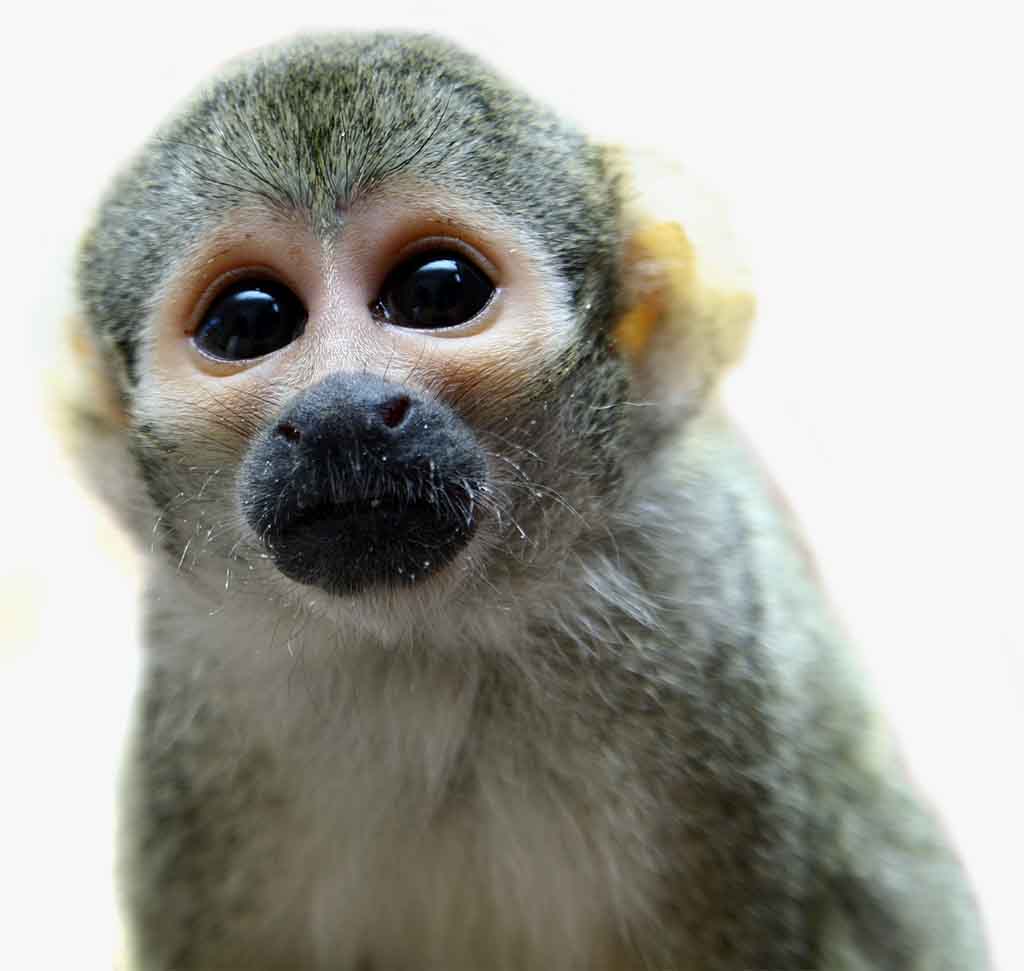The pig (Sus domesticus), often called swine, hog, or domestic pig when distinguishing from other members of the genus Sus, is an omnivorous, domesticated even-toed hoofed mammal. It is variously considered a subspecies of the Eurasian boar or a distinct species, but the American Society of Mammalogists considers it the latter. The pig's head-plus-body length ranges from 0.9 to 1.8 m (3 to 6 ft), and adult pigs typically weigh between 50 and 350 kg (110 and 770 lb), with well-fed individuals even exceeding this range. The size and weight of hogs largely depends on their breed. Compared to other artiodactyls, a pig's head is relatively long and pointed. Most even-toed ungulates are herbivorous, but pigs are omnivores, like their wild relative. Pigs grunt and make snorting sounds.
When used as livestock, pigs are farmed primarily for the production of meat, called pork. A group of pigs is called a passel, a team, or a sounder. The animal's bones, hide, and bristles are also used in products. Pigs, especially miniature breeds, are kept as pets.
Pigs originated from the Eurasian and African continents.
Pig are omnivores and enjoy a variety of foods.
5-20 years depending on the species.
Domesticated.
They typically spend a long time foraging for food and a lot of their day sleeping.They are very intelligent animals and can be trained to do certain tasks. A mature male pig is called a Boar, a mature female pig is called a Sow and a baby pig is called a Piglet. A group of domestic pigs are called a Drift.
